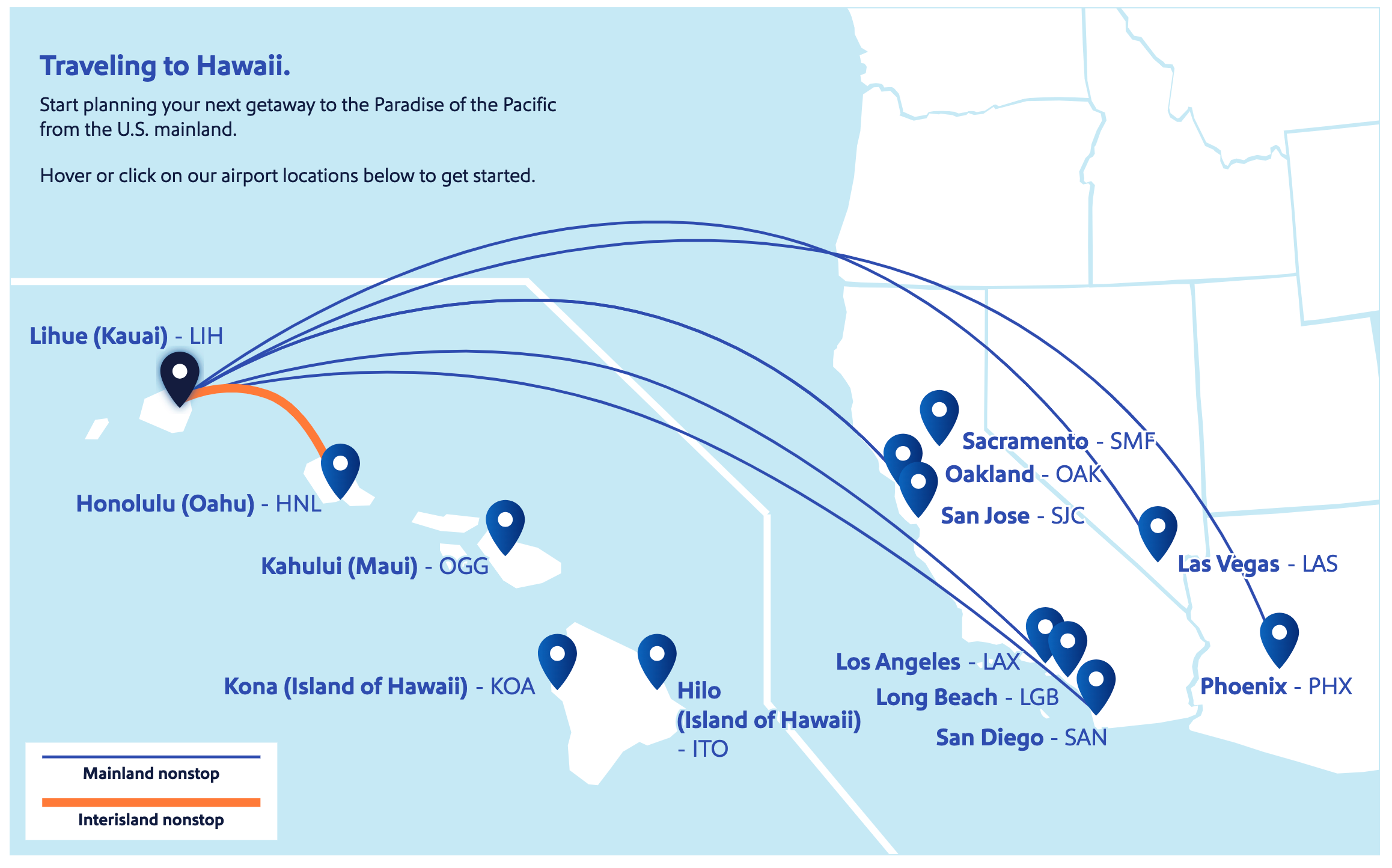Southwest's Departure From Free Bags: Implications For On-Time Flights

Table of Contents
Increased Baggage Fees and Passenger Behavior
The introduction of baggage fees has undeniably altered passenger behavior. Faced with the prospect of additional costs, many passengers are now opting for smaller, carry-on bags to avoid fees. This seemingly simple change, however, has cascading effects on Southwest's operations and, potentially, on-time performance.
- Smaller Bags, More Carry-Ons: Passengers are meticulously measuring their luggage and choosing smaller bags, resulting in a higher volume of carry-on bags.
- Increased Check-in Time: The increased scrutiny of luggage size at the gate and the need for more passengers to gate-check bags contributes to longer check-in times.
- Gate-Checked Baggage Delays: The surge in gate-checked bags leads to more time spent loading and unloading these bags, potentially delaying departure times.
- Negative Impact on Passenger Experience: The stress of navigating new baggage restrictions adds to the overall passenger experience, creating potential for delays from frustrated travelers.
The increased complexity of baggage handling, combined with passenger adjustment to the new system, creates fertile ground for delays. While precise statistics are difficult to isolate, anecdotal evidence suggests increased wait times at gates and a general sense of increased congestion during boarding.
Impact on Ground Operations and Efficiency
Southwest's ground handling processes are directly impacted by the change. The increased number of bags, both carry-on and checked, significantly increases the workload for baggage handlers.
- Increased Workload for Baggage Handlers: Baggage handlers now face a higher volume of bags to process, potentially leading to fatigue and reduced efficiency.
- Longer Turnaround Times: Aircraft require longer turnaround times to accommodate the increased baggage handling, further impacting flight schedules.
- Bottlenecks at Baggage Claim: Passengers waiting for their checked luggage experience increased wait times due to increased baggage volume.
- Increased Staffing Needs: Southwest likely needs to increase staffing levels to manage the increased baggage processing demand.
These factors create a ripple effect throughout the airline's operations. Delays in one area, such as baggage handling, can quickly cascade, impacting subsequent flights and the overall punctuality of the airline.
Southwest's Response and Mitigation Strategies
Recognizing the potential operational challenges, Southwest is actively working to mitigate the negative impacts of its new baggage policy.
- Investment in Technology: Investments in advanced baggage handling systems and technology can streamline the process.
- Improved Staff Training: Better training and optimized procedures for baggage handlers can improve efficiency.
- Enhanced Passenger Communication: Clear communication strategies educating passengers about the new baggage policy can reduce confusion and delays.
- Data-Driven Optimization: Utilizing data analysis to identify bottlenecks and optimize processes is critical for efficient baggage handling.
The effectiveness of these strategies will be crucial in determining whether Southwest can successfully manage the transition and maintain its on-time performance despite the changes in its baggage policy.
Data Analysis and Statistical Correlation (Optional - If Data is Available)
(This section would include charts, graphs, and statistical analysis comparing on-time performance data before and after the baggage policy change. It would also discuss any correlation found, limitations of the data, and any confounding factors.)
Conclusion: Southwest's Baggage Policy and On-Time Performance: A Critical Look
The shift away from free bags at Southwest Airlines presents a complex scenario. While the new policy likely generates additional revenue, it also introduces potential challenges related to on-time performance. Increased baggage fees have influenced passenger behavior, leading to increased workloads for ground crews and potentially longer turnaround times. Southwest's response, including investments in technology and improved procedures, will play a significant role in mitigating these challenges. The long-term impact on on-time flight performance requires continued observation and data analysis.
What are your thoughts on Southwest's departure from free bags and its effect on on-time flights? Share your experiences and opinions using #SouthwestBaggageImpact! The ongoing impact of this policy change remains a critical topic deserving of continued attention and discussion.

Featured Posts
-
 E Bay Faces Legal Battle Over Banned Chemicals Section 230 At Stake
May 29, 2025
E Bay Faces Legal Battle Over Banned Chemicals Section 230 At Stake
May 29, 2025 -
 Liverpools Premier League Triumphs A Look Back At Their Title Wins
May 29, 2025
Liverpools Premier League Triumphs A Look Back At Their Title Wins
May 29, 2025 -
 Experience The Chills A 2 Hour 10 Minute Thriller Dominating Ott Charts
May 29, 2025
Experience The Chills A 2 Hour 10 Minute Thriller Dominating Ott Charts
May 29, 2025 -
 A24 Horror Film Directors Confirm Link To Past Success
May 29, 2025
A24 Horror Film Directors Confirm Link To Past Success
May 29, 2025 -
 Bargain Hunt Strategies Mastering The Art Of The Deal
May 29, 2025
Bargain Hunt Strategies Mastering The Art Of The Deal
May 29, 2025
